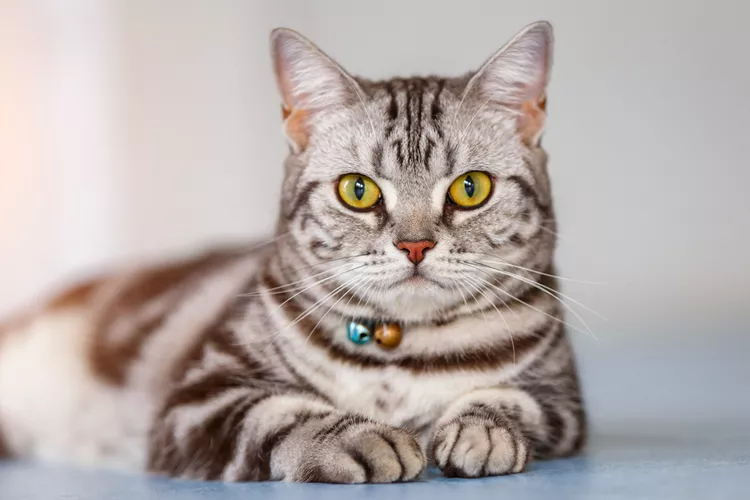
Most cat owners enjoy the sound of their cat purring away. If your cat isn't really a talker, it may be normal cat behavior but look for signs that it's something more serious.
Many cats are naturally quiet, but a sudden change in their vocalization habits could indicate stress or illness. Pay attention to other behaviors like appetite, grooming, and energy levels to ensure your cat is healthy.
If a normally vocal cat suddenly falls quiet for extended periods of time, some concern might be warranted. Especially if your pet seems lethargic or depressed, a vet visit is a good idea. If your pet has always been on the quiet side but otherwise seems happy and healthy, then it's probably the cat's nature and is perfectly normal.
Cats are individuals, just like humans, and there are quiet types as well as avid talkers. Cat vocalization also tends to be breed-specific. Siamese cats are notoriously loud and harsh in their plentiful meows, while a Birman is quiet by nature. When a loud breed suddenly falls quiet, it's more likely to be cause for concern.
Cats usually aren't very vocal with each other, except for a female cat with her kittens. Many scientists actually believe that the meow is a manipulative behavior cats adopt to get what they want. Meowing directed at humans is a trait of domestication and a way for cats to communicate with their owners. Because adult cats don't meow at each other, it's not uncommon for your kitten to gradually get quieter as it ages. This is not something you need to worry about.
While most instances of cats not meowing are simply "personality" issues, it's sometimes the case that a more serious physical problem can cause a cat's silence. Speak with your vet if you suspect another cause or if the silence is new.
As in humans, an upper respiratory infection (URI) can cause hoarseness and laryngitis in cats. If your pet also is showing symptoms such as coughing, sneezing, swelling of mucous membranes around the eyes, lethargy, or a discharge from the nose, the lack of meowing may be a symptom of a respiratory infection. Your vet will likely treat this with antibiotics or other medication.
In older cats, overactive thyroid glands can cause hoarseness as well as weight loss. If you suspect this, have your vet run blood tests and suggest therapy.
Hyperthyroidism can also cause a significant increase in vocalization. So if your older, usually quiet cat is suddenly talking lots more, check that thyroid out!
Although rare, nerve damage to the larynx (voice box) can cause voice changes and also interfere with a cat's breathing. It also may cause coughing, weight loss, and difficulty eating. This is a serious situation that requires immediate medical attention.
Growths of various types in the throat and vocal cords of your cat may cause it to stop vocalizing. These can range from entirely benign polyps to very serious cancerous growths. If your cat exhibits hoarseness along with a changed sound in its voice, sneezing, coughing, and noisy or labored breathing take it to your vet for examination and treatment. The vet may take a biopsy sample to check for cancer.
In most cases, a cat's silence is simply a choice or an expression of its nature and isn't anything to worry about. When its silence is accompanied by other symptoms, always seek a professional opinion.
Sometimes cats (like people) just need a bit of encouragement. If your cat remains silent, just enjoy your pet for who it is. Cats are naturally quiet animals. If you're unable to get your cat to vocalize don't feel too bad about it. Adult meowing may not be in its nature. You might even count your blessings, as other people are troubled with excessive vocalization in their cats.

Cute Pictures & Facts About Calico Cats & Kittens
Learn fascinating facts about calico cats, including photos, the genetics behind this color combination, and common folklore and traditions.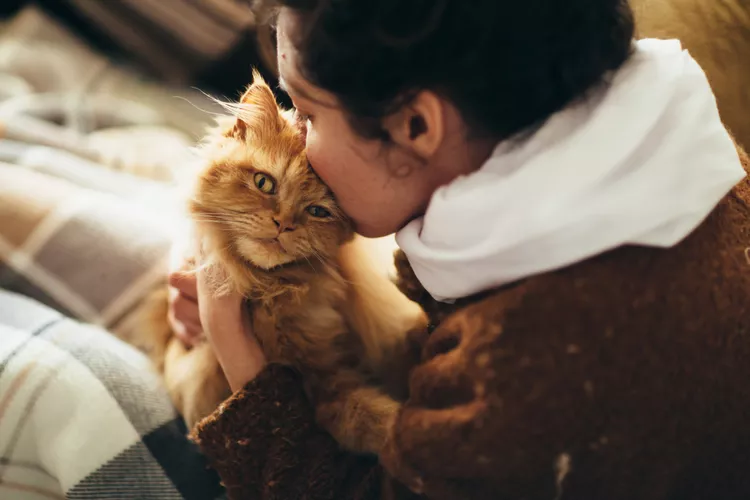
How to Prevent Cat Separation Anxiety During Vacations
Discover why cats develop litter box problems and cat behavior problems when you go on vacation and what you can do about it to help them.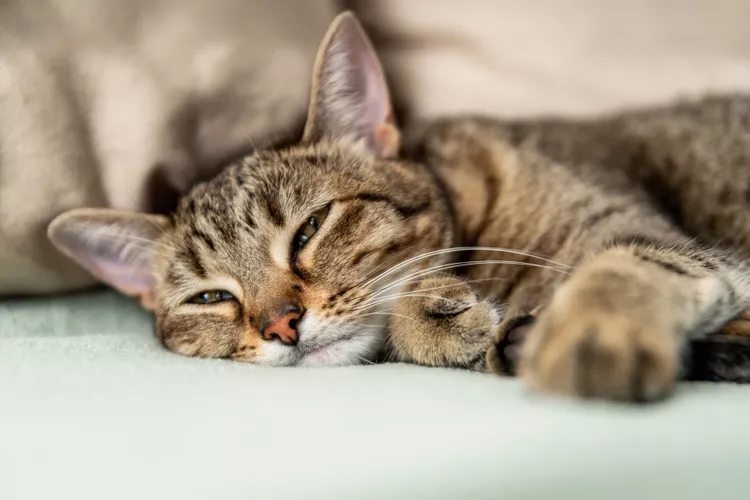
Cat Behavior Changes That Might Mean Something's Wrong
Cats' behavioral changes may indicate problems—or they may mean nothing at all. Explore causes of odd behavior and what to do about them.
Lhasa Apso: Dog Breed Characteristics & Care
The Lhasa apso is an ancient breed from Tibet that was bred to be a watchdog. Learn about its history, health, exercise needs, and more.
Reasons Why Dogs Run Away and How to Stop It
Dogs can escape, especially if they’re bored and not properly contained. Here are some techniques for stopping your dog from running away.
Can Dogs Get Depression? How to Help Your Sad Dog
Can dogs get depression? Learn about the signs of depression in dogs and find out how to help your sad dog.
How to Stop Aggression in Dogs
Dog aggression can be a serious behavior issue for pet owners. Learn how to stop aggression in dogs before someone gets hurt.
How to Stop Your Dog From Growling
A growling dog can soon become even more aggressive. Reduce the noise and potential for a dangerous situation with some of these techniques.
Why Do Dogs Dig Holes? How to Stop Your Dog from Relandscaping Your Yard
Dogs have been digging holes for centuries and for many reasons. Whether they’re bored or want to cool off in the dirt, here are the top reasons why dogs dig holes.
Dog Treat Varieties
Learn about the different types of dog treats on the market and decide which are best for your dog.
Can Dogs Eat Asparagus?
Dogs can eat asparagus, provided the vegetable is cooked plain and cut up for them. Seasonings, salt, and butter make it unhealthy for dogs.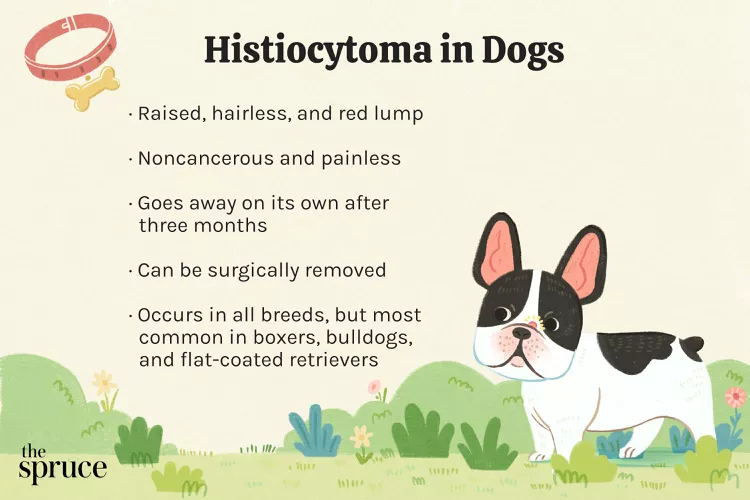
Histiocytomas in Dogs
A histiocytoma is a type of benign (non-cancerous) skin lump that usually affects young dogs. Learn the causes, treatment, and prevention.
Why Is My Dog’s Eye Swollen?
If your dog's eye is swollen, she may need veterinary attention. The inflammation could be caused by allergies, an injury, or even a tumor.
Common Bugs and Parasites Found on and Inside Dogs
Learn about common types of parasites in dogs. Find out how to treat and prevent parasites to keep your dog, your family, and yourself safe.
Exploring the Different Types of Pet-Friendly Beaches
Are you looking for pet-friendly beaches? Learn about the different types of pet-friendly beaches, their locations, and tips for visiting them with your pet.
10 Obscure, Little-known Canine Facts in Honor of National Dog Day
With National Dog Day upon us, it's time to celebrate everything about our favorite pets—even the weirder stuff. Here are 10 obscure facts about dogs you probably didn't know.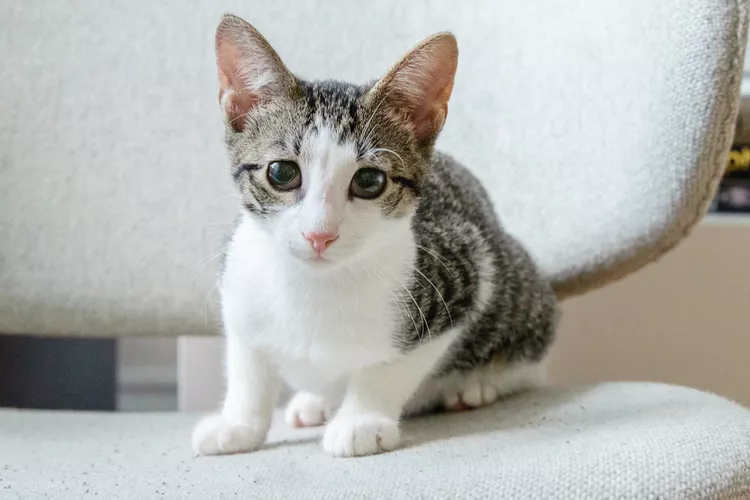
Kitten Development From 3 to 6 Months Old
Kittens grow and change a lot during their first year. Find out what happens between the ages of three months and six months old.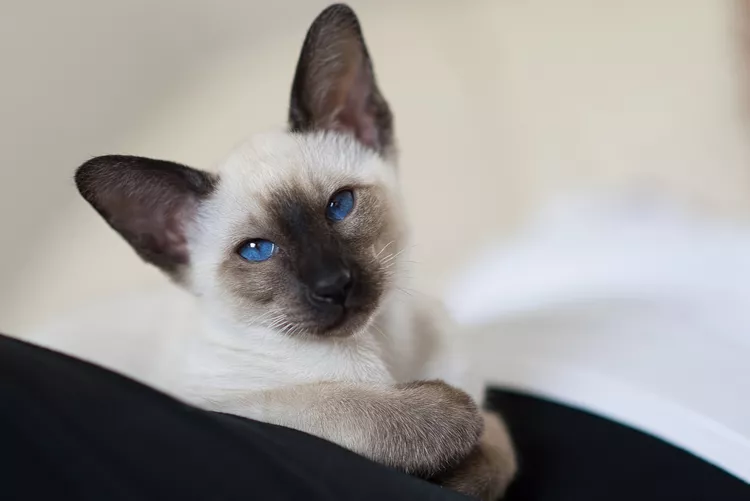
95 Siamese Cat Names
Our list of Siamese cat names has diverse and fun options to help you choose the ideal moniker for your elegant and lovable feline companion.
What to Buy for Your New Cat: A List of Essentials
Before you bring your new cat or kitten home, there are a number of things to collect or buy so your cat will feel welcomed like a family member.
The 6 Best Cat Nail Clippers of 2024 for a Safe Trim
Clipping your cat's nails can save your furniture and keep your kitty comfortable. We asked veterinarians for their cat nail clipper recommendations.